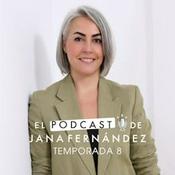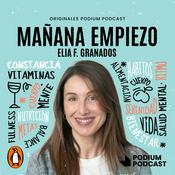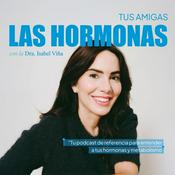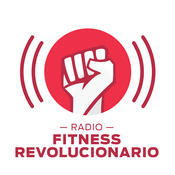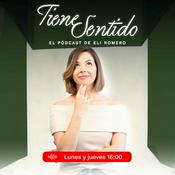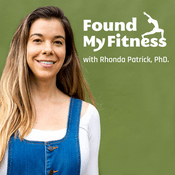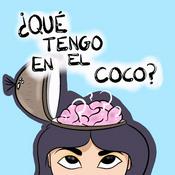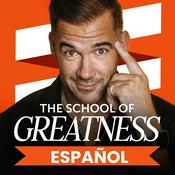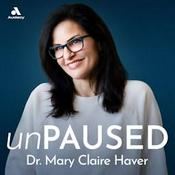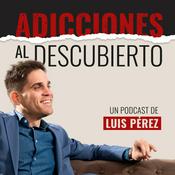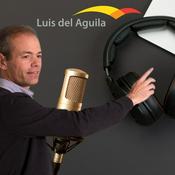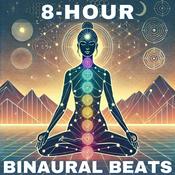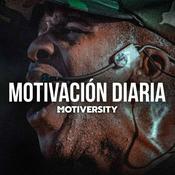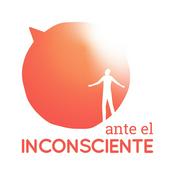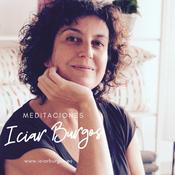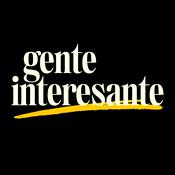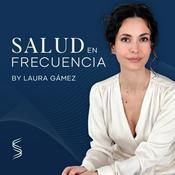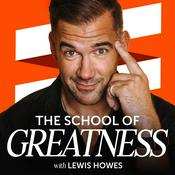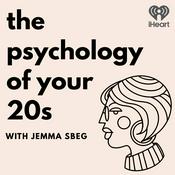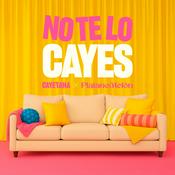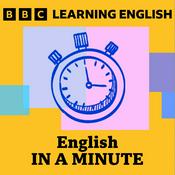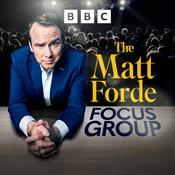464 episodios

Can AI power a green fashion revolution?
06/1/2026 | 23 min
Could AI technology help the fashion industry get to grips with sustainability, and arrest its brutal impact on the planet? With a huge carbon footprint, vast water usage and filling up of landfills, the fashion industry’s impact is well documented. But companies throughout the supply chain have rolled out tech solutions, many of them AI powered, to address these issues. How effective are they? At the growing stage, AI apps are being used by farmers to grow regenerative cotton. Other companies are using such tech to optimise orders, reducing the amount of garments that go straight to landfill. AI powered machines are detecting defects at the manufacturing stage and retailers are using it to help their customers make more informed choices. Fashion journalist Brooke Roberts-Islam follows a pair of jeans across the full fashion supply chain. Through showcasing technological advancements along the way, this one garment helps us to explore the possibilities and limitations of AI in improving the industry’s environmental record. We visit a cotton farm in India, where AI tools help to reduce water and pesticide use; in Bangladesh, algorithms in garment factories prevent waste through identifying defects in materials and retailers in the West are providing their customers with detailed information on the materials used in each product. The programme will also consider AI’s limitations and the negative implications of relying on such technology, such as the energy demands of generative AI.Featuring contributions from Kuldeep Khatri, director of nature at Materra; Max Easton, CEO of Smartex; and Andrew Xeni, founder of the ethical retailer Nobody’s Child. Sound design: Jarek Zaba Producer: Jarek Zaba Presenter: Brooke Roberts-Islam A 2 Degrees West production

Making friends in Sweden
28/12/2025 | 23 min
8% of Swedish adults say they have no close friends, according to one survey. But a wave of innovative projects is trying to change that. From buddy schemes to corporate “friendship hours” and grassroots social clubs, we explore how adults are going about enhancing their social lives — and what other nations might learn.People Fixing The World from the BBC is about brilliant solutions to the world's problems. We release a new edition every Tuesday. We'd love you to let us know what you think and to hear about your own solutions. You can contact us on WhatsApp by messaging +44 8000 321721 or email [email protected]. And please leave us a review on your chosen podcast provider.Presenter: Myra Anubi Reporter/producer: Maddy Savage Editor: Jon Bithrey Sound mix: Annie Gardiner(Image: Minttu and Yashu who met through Kompis Sverige, Maddy Savage/BBC)

Our favourite solutions
23/12/2025 | 23 min
Presenter Myra Anubi and the team chat about some of their favourite projects that have been covered on People Fixing The World over the last twelve months, from radioactive rhinos in South Africa to the Buz Stop Boys cleaning up streets in Ghana.People Fixing The World from the BBC is about brilliant solutions to the world's problems. We release a new edition every Tuesday. We'd love you to let us know what you think and to hear about your own solutions. You can contact us on WhatsApp by messaging +44 8000 321721 or email [email protected]. And please leave us a review on your chosen podcast provider.Presenter: Myra Anubi Producer: Louise Pepper Editor: Jon Bithrey Sound mix: Hal Haines(Image: The People Fixing The World team at the BBC - from left to right, Richard Kenny, Natasha Fernandes, Claire Bowes, Louise Pepper, Katie Solleveld, Myra Anubi, Claire Bates, Jon Bithrey, copyright BBC)

Saving mothers with portable ultrasound
16/12/2025 | 23 min
The World Health Organisation recommends all pregnant women should have at least one ultrasound before six months. However, only half of women do in sub-Saharan Africa. This week we visit Kenya to see how portable ultrasound devices are flagging up any issues early. And how AI could overcome the barrier of not having enough trained midwives on the ground.People Fixing The World from the BBC is about brilliant solutions to the world's problems. We release a new edition every Tuesday. We'd love you to let us know what you think and to hear about your own solutions. You can contact us on WhatsApp by messaging +44 8000 321721 or email [email protected]. And please leave us a review on your chosen podcast provider.Presenter: Myra Anubi Producers: Calvin Manika, Claire Bates Editor: Jon Bithrey Sound mix: Andrew Mills(Image: A midwife gives a pregnant woman an ultrasound scan, BBC/Davis Ojiambo)

Rethinking dyslexia
09/12/2025 | 23 min
Children with dyslexia are often misunderstood — but what if their struggles in school are actually signs of unique strengths? We visit a pioneering school in Kenya that’s transforming education for dyslexic students where children learn through sound, movement and visual tools. And in the UK, we attend a business event with a difference held by the charity Made By Dyslexia — where employers and campaigners celebrate dyslexic strengths like creativity and problem-solving.People Fixing The World from the BBC is about brilliant solutions to the world's problems. We release a new edition every Tuesday. We'd love you to let us know what you think and to hear about your own solutions. You can contact us on WhatsApp by messaging +44 8000 321721 or email [email protected]. And please leave us a review on your chosen podcast provider.Presenter: Myra Anubi Producer/reporter: Janet Ball Kenya reporter: Michael Kaloki Editor: Jon Bithrey Sound mix: Hal Haines(Image: Students at the Rare Gem Talent School, Kitengela, Kenya)
Más podcasts de Salud y forma física
Podcasts a la moda de Salud y forma física
Acerca de People Fixing the World
Escucha People Fixing the World, El podcast de Jana Fernández y muchos más podcasts de todo el mundo con la aplicación de radio.es
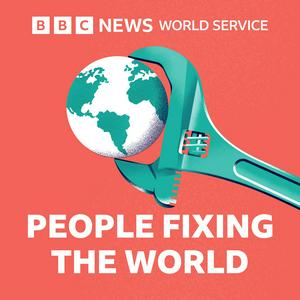
Descarga la app gratuita: radio.es
- Añadir radios y podcasts a favoritos
- Transmisión por Wi-Fi y Bluetooth
- Carplay & Android Auto compatible
- Muchas otras funciones de la app
Descarga la app gratuita: radio.es
- Añadir radios y podcasts a favoritos
- Transmisión por Wi-Fi y Bluetooth
- Carplay & Android Auto compatible
- Muchas otras funciones de la app


People Fixing the World
Descarga la app,
Escucha.
